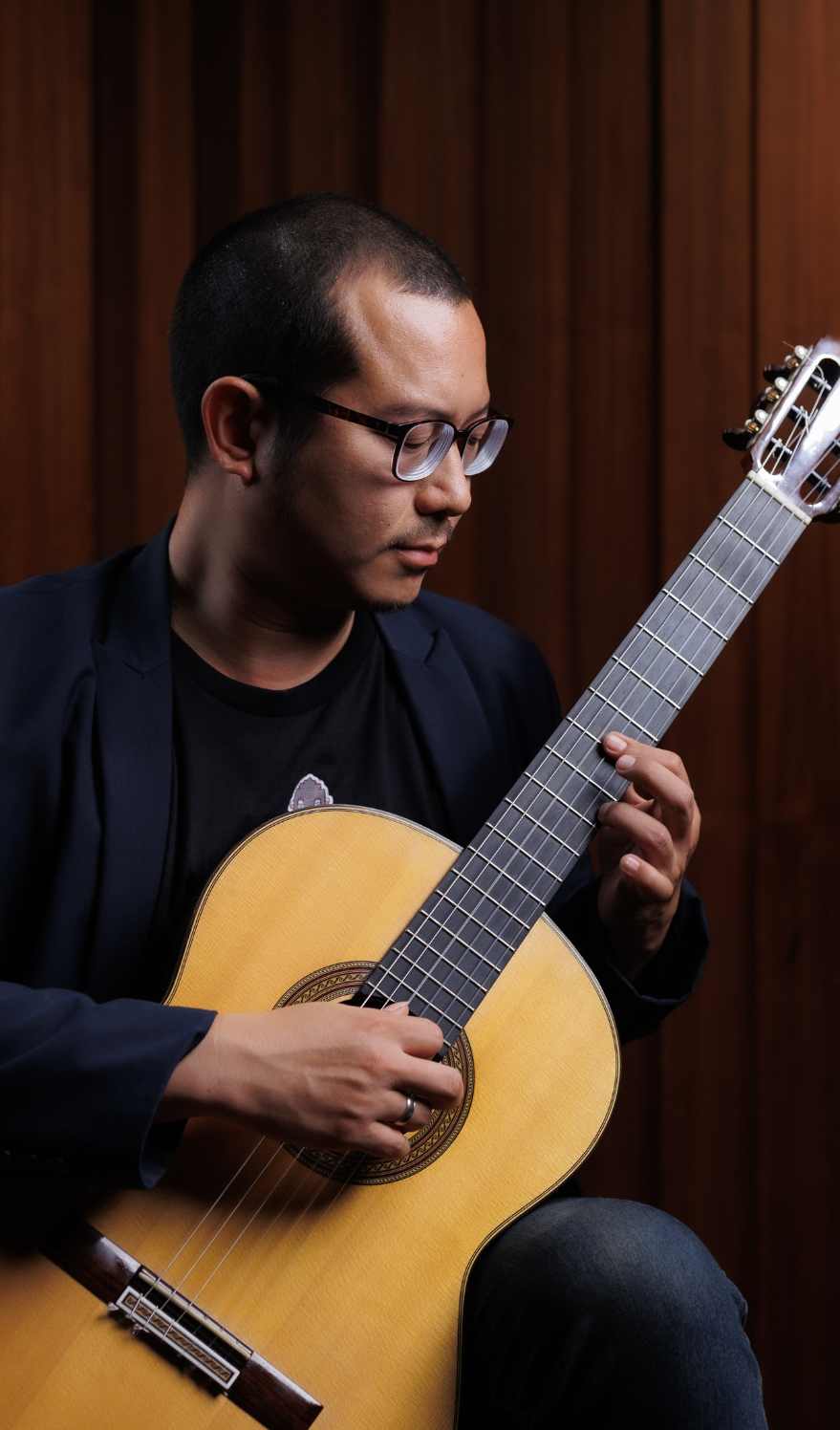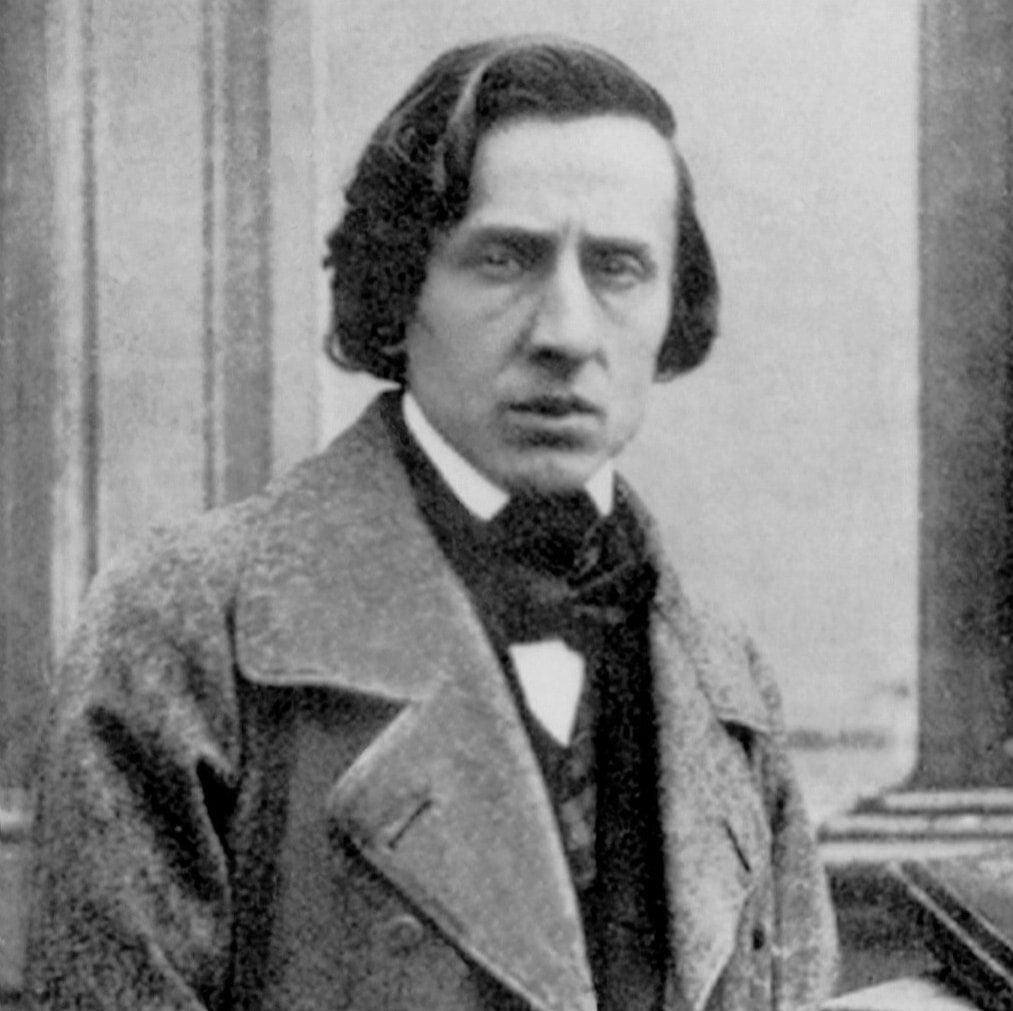To me, music is language. If you want to communicate fluently you must start with the fundamentals. Classical guitar lessons will guide you to understand all about the range and capabilities of the instrument. The classical guitar student will also learn how to read standard notation which will be very important in their musical future. His works are central to the current and third instalment of SEA Guitar Festival & Performance Awards, which will be held at Menara PKNS in Petaling Jaya, Malaysia, on Dec 15–17, 2023. Pongpat Pongpradit has played concerts in Malaysia, the Philippines, Singapore, Nepal, Cambodia, Myanmar, Indonesia, Hong Kong, Vietnam, South Korea, Italy, Austria and of course, his native Thailand, but it is the outcome of his endeavours when stuck at home during the coronavirus pandemic that with take the stage at the festival – participants of the online and live competition will each be required to play a set piece from the book, Sounds of the SEA, which is a compilation of 16 popular traditional songs from Southeast Asia which he arranged for the classical guitar. “The concept of Sounds from the SEA was to blend the melodic eastern sounds with western harmony,” explains Pongpat, who is a guitar lecturer at the Silpakorn University in Bangkok. For this project, my main objective was for these references to convince and bring more music lovers to open their minds to Southeast Asian music for the guitar. “With this, I also hope to encourage composers in ASEAN (the Association of Southeast Asian Nations, which is a regional economic alliance) to write music for the classical guitar, too,” adds Pongpat. Indeed, Pongpat’s efforts to unite the guitarists in this region have been massive – the SEA Festival and Performance Awards is a collaboration by members of ASEAN Guitar Friends, a group of guitarists in Southeast Asia which he founded in 2017. The group staged the inaugural SEA (Southeast Asia) Guitar Festival & Performance Awards in 2018 in Bangkok. Five years on, when organising the third edition of this festival, it seemed only natural that the organisers made it a requirement for participants of the festival competition to play a piece from Pongpat’s arrangements. “It has been my honour,” says Pongpat in his typically humble and unassuming manner. He could not have imagined, when he first picked up the guitar when he was 12, that he would one day organise a festival for the classical guitar. In fact, he wanted to play the guitar so that he could strum and sing! “Actually, my very first guitar lessons were taught to me by my schoolmate. He showed me how to strum chords and sing along,” explains Pongpat. “I really wanted to do what he could do but in music school at that time, they only had a classical guitar programme.” Comforting to know that the man trying his best to harness the energy of classical guitarists in Southeast Asia, was given the right instrument at the right time. After learning the guitar with Wirach Bosuwan at Supakarn Music School, Pongpat continued his music studies at the Silpakorn University’s Faculty of Music, where he received his Bachelor of Music degree in Classical Guitar Performance under Vithaya Vosbein and Ek-karach Chareonnit. He then obtained a Master of Arts Degree in Music Performance at the Mahidol University College of Music where he studied with Suvich Klinsmith. Pongpat’s passion for music became evident when he was in high school, and it was then that he decided he wanted to be a musician when he grew up. “I tried all kinds of musician jobs when I was a college student – teaching music, playing with a band, performing in a hotel lobby, and also recording or arranging music,” says Pongpat, who is marking his 20th year as a musician at 42 years old. He feels that proper music training is essential for youngsters if they hope to have a future as a musician. “To me, music is language. If you want to communicate fluently you must start with the fundamentals. Classical guitar lessons will guide you to understand all about the range and capabilities of the instrument. The classical guitar student will also learn how to read standard notation which will be very important in their musical future,” says Pongpat. Practising is important, too, of course, and whereas he had a routine before, his demanding schedule as a lecturer means he practises according to each performance. However, he offers this strategy for regular practice: Break the practice session into three periods: 1. Technique (scales, arpeggios, slurs, etc). 2. Practise a piece with the music score. 3. Record the piece you practised in the second period. “I do all that in one day, then check for mistakes and rectify everything from analysing the recording by the next day,” explains Pongpat, who likes music of the Romantic era and cites Frédéric Chopin as a favourite composer. “I especially like Chopin’s music because of the contrasting dynamics of his pieces,” says Pongpat.
But when it comes to the guitar, his favourite is Roland Dyens. “My favourite guitar composer, arranger and performer as well, is Roland Dyens. He sings on his guitar!
“I like so many guitarists but Roland Dyens just had me under his spell whenever he played a concert,” says Pongpat. “Another favourite guitarist of mine is my guitar teacher, Mr Vithaya Vosbein. I have deep respect for him,” he adds. The Thai university lecturer and performer has been using a guitar made by Korean luthier Sang Gil Kim since 2017.
“When we started our friendship, I could always see his development in his guitar-making technique. I also prefer the traditional system of bracing, which Sang Gil uses. The guitar I use has very good balance and power, and that makes it great for concerts,” says Pongpat. “I use it for my recordings, too.”
Right now, Pongpat would probably be busy looking at recordings of his arrangements by participants in the run-up to the SEA Festival and Performing Awards 2023. “I hope that this festival will bring together a bigger group, a new generation of ASEAN Guitar Friends to build on the group which was started six years ago,” says Pongpat. “And of course, I would love for this event to create a bigger group of music lovers who would be fascinated with the guitar and grow to appreciate the music of composers in Southeast Asia for the classical guitar.” |






